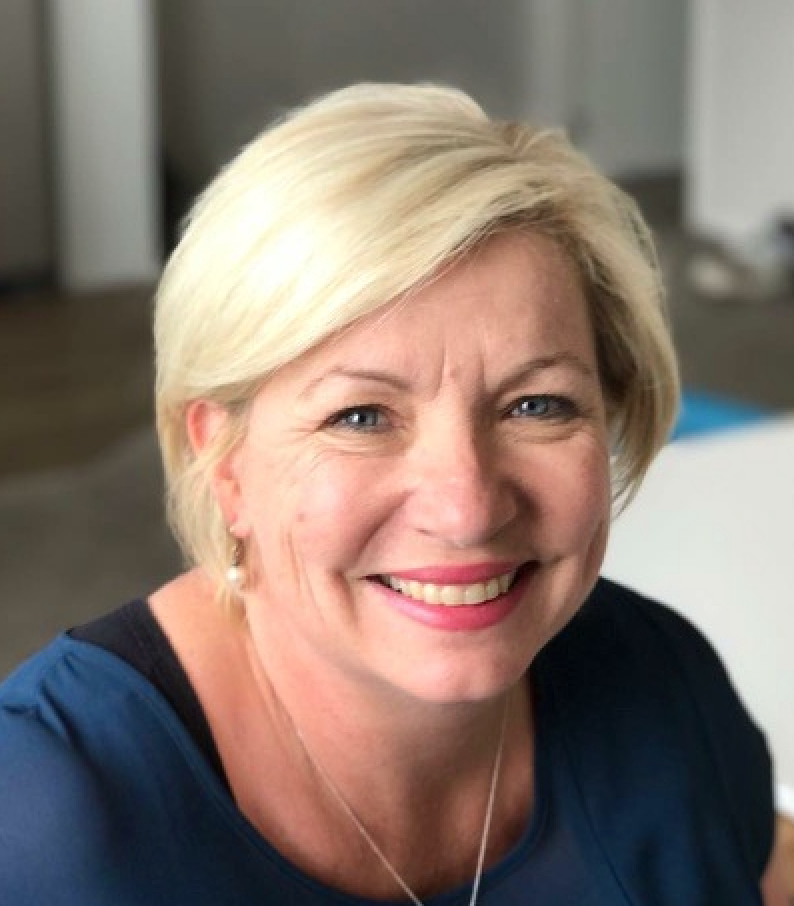
Kia ora, I’m Kate McKegg. I’m descended from Irish, Scottish and English settlers in Aotearoa, New Zealand. I’m also the owner of The Knowledge Institute and a member of the Kinnect Group and the Tuakana Teina Collective.
Imagine being told that your land wasn’t yours. That you have to leave, without any of your possessions; that you can no longer speak your language; nor can you raise your children as you have done for centuries.
And when you protest – you find the standards of justice are no longer your own; your actions are interpreted as lacking substance, poorly prepared, even lazy – and are dismissed as irrelevant to the new sovereign’s plans and projects of civilising and development.
This is colonization and it’s an ongoing process of stripping land, sovereignty, self determination at collective and individual levels for colonized people across the globe.
In simple terms, when non-indigenous folks lead or hold authority over decisions that affect indigenous folks, they are actively participating in colonizing behaviours. We know that this behaviour undermines human potential.
On the other hand, self-determination changes the way people perceive their potential, capabilities and choices. Self determination or sovereignty is either ‘felt’ or it isn’t, in the most micro of our interactions between one another, through to larger structural and systemic relations.
HOT TIP: Decolonization work is the remedial arm of self-determination and should be accountable to indigenous sovereignty. A decolonized future requires us to imagine, think, feel and embody different knowledge and experience. We begin this transformation with, and within ourselves.
LESSON LEARNED: For non-indigenous settlers, we are complicit in the denial of self determination – in everyday ways. We have to ‘feel’ this to understand its significance. And learn to get out of the way – so our indigenous colleagues and communities can get on with the individual and collective projects of self determination that have been denied.
RAD RESOURCE: Decolonization questions for non indigenous evaluators: (acknowledging Ingrid Huygens, 2011):
- Have you revisited the history of your relationship with indigenous people? Do you appreciate how colonization has shaped your world-view and evaluation practice?
- Do you know the history of evaluation leadership and funding of evaluations of indigenous initiatives in your context?
- Are you prepared for the emotional work of responding to an uncomfortable new lived reality? Can you take responsibility for this work?
- What practices might you (and your colleagues) need to develop to stop colonizing evaluation practices and behaviours?
- Do you have ways you can check-in with indigenous folks, that any action serves their aspirations for self-determination?
In New Zealand, decolonization work by settlers has generated some great resources. See https://trc.org.nz/colonisation and http://awea.org.nz/justice-activities
HOT TIP: An indigenous M?ori academic said recently:
“So, tread softly because there are only so many love songs that we can sing.
Tread softly, P?keh? (white settlers of New Zealand) allies, and decolonize.
Tread softly. Decolonize. And, repeat.
Tread softly. Decolonize. Repeat.
And, remember: He waka eke noa. We’re all in this together.” Joanna Kidman, 2018.
Do you have questions, concerns, kudos, or content to extend this aea365 contribution? Please add them in the comments section for this post on the aea365 webpage so that we may enrich our community of practice. Would you like to submit an aea365 Tip? Please send a note of interest to aea365@eval.org. aea365 is sponsored by the American Evaluation Association and provides a Tip-a-Day by and for evaluators.

Hi Ms. McKegg,
I want to thank you for your contribution to Decolonzing Evaluation Week on AEA. Your post spoke to me as I am an educator of young children, currently researching how I can better embed the teachings of our indigenous culture into my classroom. What I have learned is that the way I teach is as important as what I teach.
This year, I plan to teach with our British Columbia First People’s Principles of Learning at the forefront: http://www.fnesc.ca/wp/wp-content/uploads/2015/09/PUB-LFP-POSTER-Principles-of-Learning-First-Peoples-poster-11×17.pdf
We will learn from each other by sharing our personal stories, we will do more nature-based and outdoor learning, we will understand that learning takes patience and time, and we will include our indigenous community in our learning as much as possible. I hope to include an indigenous educator in all aspects of our learning, rather than inviting them in to teach one-off lessons. For example, we want to ask if there are special counters, or ways to count, in our local Squamish or Tsleil-Watuth cultures and we want to know the language for counting to ten. We want to learn as much as we can from our indigenous community, and I hope to instill in my students a sense of honour and respect for our first people and their culture.
Something that I need to learn more about is how to evaluate from an indigenous perspective. I hope that learning more about this will ensure that we are creating a time and place where those who were colonized are able feel more self-determination.
Thank you again for your perspective and knowledge.
Sarah Dawson